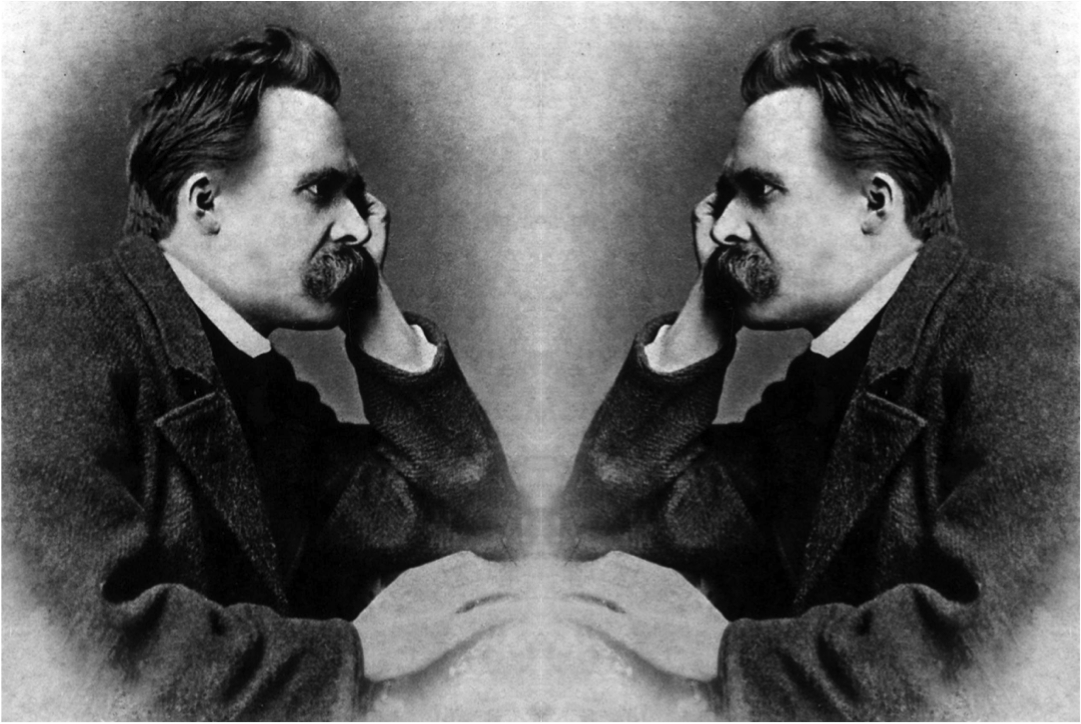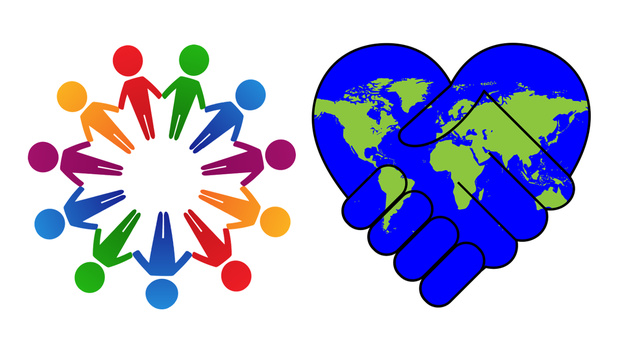---------------------------------------------------
Dr. Grey was depressed. One of his terminally ill patients was being kept on a life-support machine. Before she lost consciousness for the last time, she had repeatedly asked that the machine be switched off. But the hospital ethics committee had ruled that it would be wrong to take any action intended to shorten the life of a patient.
Grey disagreed with the committee and was disturbed that the wishes of the patient had been ignored. He also thought that holding off death with the machine was merely prolonging the agony of her friends and relations.
Grey stood looking mournfully at his patient. But then something odd happened. A hospital cleaner caught the power cable that led to the life-support machine and pulled it out from the socket. The machine emitted some warning bleeps. The cleaner, disturbed by the sound, looked at the nearby doctor for guidance.
"Don't worry," said Grey without hesitation. "Just carry on. It's all right."
And indeed for Grey it was now all right. For no one had taken any deliberate action to shorten the life of the patient. All he was doing by leaving the accidentally unplugged machine turned off was not taking any action to prolong it. He now had the result he desired without breaking the instructions of the ethics committee.
Source: Causing Death and Saving Lives by Jonathan Glover, 1977.
Baggini, J., The Pig That Wants to Be Eaten, 2005, p. 211.
---------------------------------------------------
What do you think? Regardless of your position about the right to die, is there always a meaningful distinction between killing someone and letting them die?










